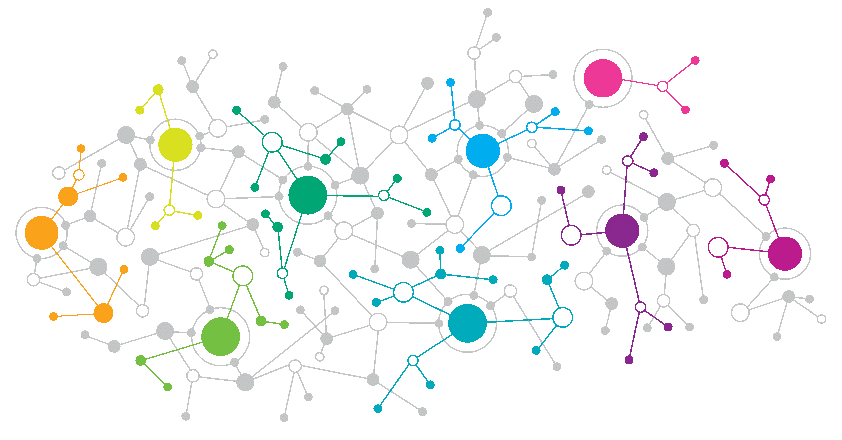- Home
- Our Curriculum
- Connecting Concepts and Knowledge
Connecting Concepts and Knowledge
Learning is in part defined as a change in long-term memory. As Sweller et al (2011) have pointed out, ‘if nothing in the long-term memory has been altered, nothing has been learned’. It is, therefore, important that we use approaches that help pupils to integrate new knowledge into the long-term memory and make enduring connections that foster understanding.
We understand progress as knowing more and remembering more. The connections between knowledge give rise to understanding, and as pupils develop unconscious competence and fluency, this allows them to develop skills. We consider a skill to be the capacity to perform, whether cognitively or physically, drawing on what is known.
There are clearly desirable physical skills and capabilities that develop in the sports, arts and also technical and vocational capabilities. Evidence shows that these skills are largely domain-specific: evaluation of evidence in science is not the same as evaluation of evidence in history; being creative in dance is not the same as being creative in mathematics. Our approach to curriculum design reflects this by precisely mapping knowledge, skills and competencies within its different disciplines. Through this, we know what knowledge and skills young people need to acquire by when.
We also know that we learn by relating new knowledge to what we already know. Therefore, the more pupils know, the more they have the capacity to learn.
However, this does not suggest we believe young people think in a linear way, or that knowledge can only be later used in the subject it was acquired in. In fact, it is the exact opposite: it is precisely because we know young people’s minds build complex, inter-linked webs of knowledge, which can be used by them in any situation, that we have ensured that we are so precise in defining it in our curriculum.
Ultimately, the point of learning in disciplines is so that young people can think across them and blend the knowledge they acquire in school with the real world they encounter. That is what it means to be educated.

